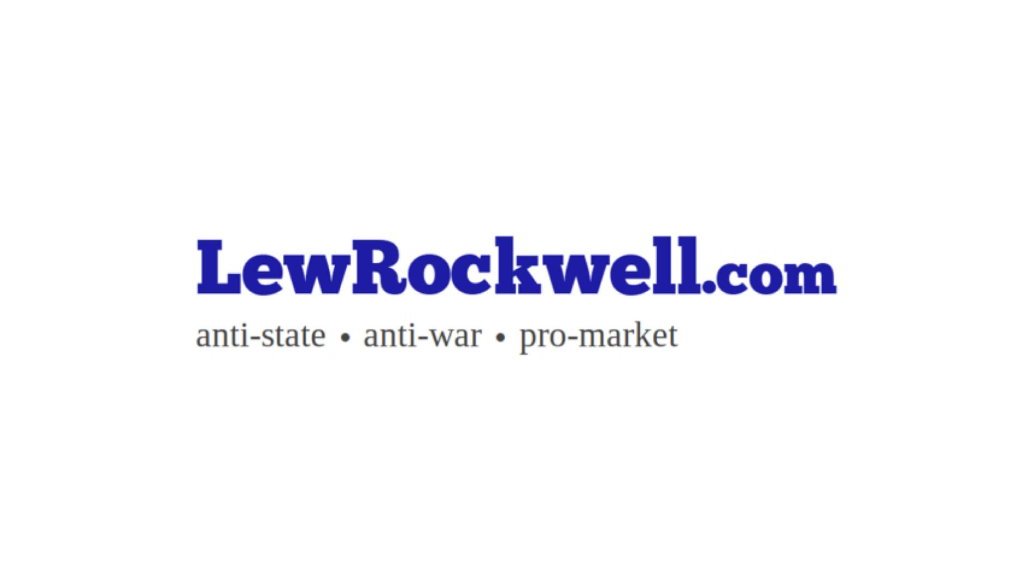The Stakes of Donald Trump’s Negotiations With Ukraine
President Donald Trump has failed to bring peace to Ukraine as he believed he could. He has discovered a situation far more complex than he expected. Refusing to take sides, he has found himself plunged into a century-old conflict between two feuding brothers—a conflict that his predecessors, Barack Obama and Joe Biden, fueled and instrumentalized. He must therefore enlighten his fellow citizens before he can resolve the situation.
After examining President Donald Trump’s negotiations with Iran [ 1 ] , we now examine his negotiations with Ukraine. Unfortunately, we do not have the documents of the Ukrainian “integral nationalists” as we do those of the Israeli “revisionist Zionists.” This is because today’s Ukraine is truly a military dictatorship, while in Israel, the army is still the guarantor of what remains of democracy in the face of Benjamin Netanyahu’s “revisionist Zionists.”
The Ukraine issue is very different from the Iranian issue in that the United States does not share the same myths with that country as it does with Israel. In the Middle East, President Donald Trump is trying to negotiate a just and lasting peace while preserving Israel’s interests (and not those of the “revisionist Zionists” who favor Greater Israel). In Ukraine, he refuses to take sides and maintains a position of strict neutrality, while his predecessors, Barack Obama and Joe Biden, made a secret deal with the “integral nationalists” against Russia. Here too, he must uncover the reality, but this time, he must make his own administration aware of it before he can conclude anything.
Donald Trump’s clarification
On February 3, the Russian Foreign Intelligence Service (SVR) accused NATO of preparing the release of three surprising pieces of information [ 2 ] :
• 1.5 billion euros intended for the purchase of munitions was embezzled by the Ukrainian presidency;
• 130,000 Ukrainian soldiers, killed in combat, continue to receive their salaries and appear on the electoral lists;
• the unelected President Zelensky transferred—and not sold—real estate to foreign companies and compensation was discreetly paid to him into foreign accounts.
In response, on February 7, the unelected President Volodymyr Zelensky gave an interview to Reuters [ 3 ] . He stated that his country possessed a quantity of “rare earths” and proposed to exploit them with the Allies.
Contrary to their name, “rare earths” are not “rare” in the world, it is their refining that is. They are essential for new technologies, both civil and especially military.
Treasury Secretary Scott Bessent then went to Kiev to present a draft treaty for the transfer of Ukrainian subsoil as compensation for the US weapons delivered during the war. He received a cool reception from the unelected president, the weapons having been donated and not sold in the long term as had been initially envisaged (lend-lease).
We all watched with amazement as President Donald Trump and his Vice President J.D. Vance clashed with their unelected Ukrainian counterpart, Volodymyr Zelensky, on February 28, 2025, during his reception in the Oval Office of the White House.
The meeting ended without the signing of Scott Bessent’s planned agreement on the exploitation of “rare earths.” It should be noted that the unelected President Zelensky made several attempts to position his narrative, according to which Russia had invaded Ukraine in order to annex it; a narrative that had until then been supported by NATO. Meanwhile, his hosts accused him of conducting a “propaganda tour” and, faced with his denials, asked him to respect the administration that is trying to prevent the destruction of his country.
As the United Kingdom and EU members (except Slovenia and Hungary) rallied around Volodymyr Zelensky, Washington suspended its military intelligence sharing with Kyiv on March 5. Suddenly plunged into darkness, Kyiv retreated while trying to slow its withdrawal. Within four days, it became clear that, without US military intelligence, neither the Ukrainian nor the allied armies could win. This shock deeply shook the latter, which then met several times to discuss what they needed to do to regain their effectiveness.
A period of uncertainty
After the serious incident at the White House, Ukraine tried to replace US support with that of the European Union, the United Kingdom, and Canada. However, they do not have resources comparable to those of Uncle Sam.
President Donald Trump played hot and cold by letting the Europeans at large discuss together what they could do on their own. At first, he defended the representativeness of President Volodymyr Zelensky in the face of Russia, which criticized him for not having organized elections and for occupying the Ukrainian presidency without right or title since the end of his term in May 2024. Consequently, Moscow argued that any peace agreement signed by an unelected leader could be considered null and void and called into question.
The Ukrainians pointed out to President Trump that their Constitution prevents the holding of elections during a period of martial law. But Donald Trump was informed by Steve Witkoff that Volodymyr Zelensky was renewing martial law for three months at a time to avoid holding elections [ 4 ] . He then began to look for possible candidates to replace him and discovered that most of the soldiers who had died in combat were still on the electoral rolls. Elections are therefore impractical as they stand. Russia has proposed organizing them under the responsibility of the United Nations. The issue has not been resolved.
In an interview with Le Figaro , unelected President Volodymyr Zelensky said [ 5 ] : “The second motivation [that keeps me going] is hatred of the Russians who killed so many Ukrainian citizens. I know that i
Article from LewRockwell

LewRockwell.com is a libertarian website that publishes articles, essays, and blog posts advocating for minimal government, free markets, and individual liberty. The site was founded by Lew Rockwell, an American libertarian political commentator, activist, and former congressional staffer. The website often features content that is critical of mainstream politics, state intervention, and foreign policy, among other topics. It is a platform frequently used to disseminate Austrian economics, a school of economic thought that is popular among some libertarians.



